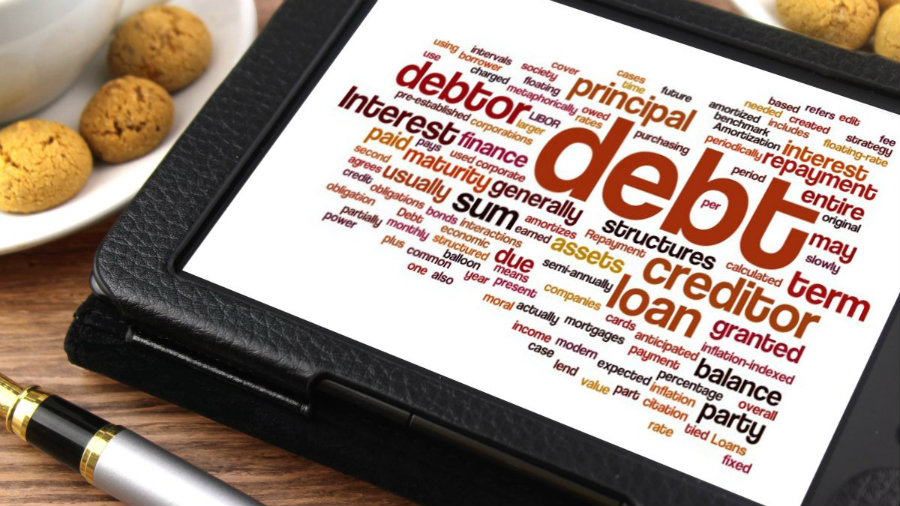
We spend a lot of time talking about investing here at Motley Fool Canada. The reason is simple; we all believe that the easiest way for regular folks to build serious wealth is to create a big savings rate and then funnel that capital into the best stocks they can find.
But growing our wealth is only half of the story. We also have to make sure we make intelligent choices to ensure there’s ample money left over to invest. These choices include maximizing our income, minimizing expenses, and so on.
One of the big issues many folks struggle with is whether they should invest or pay down their debt. Let’s take a closer look at one of the toughest questions in finance.
When to pay down debt
On the surface, the solution to this debate seems pretty simple. If you believe an investment will generate a greater return than the interest rate on your debt, the investment is the better choice.
There’s just one problem. Investments rarely turn out how we expect. An undervalued stock that’s bound to go up 50% in a short period could very easily stagnate. Or even worse, it could go down. It’s bad enough for that to happen when someone has no debt. It’s even tougher to stomach when that cash could have been used to minimize a liability.
My rule of thumb is simple. Any debt higher charging more than 5% annually, I’d pay off immediately. With stock returns only projected to hit 6% or 7% annually for the next few years, I would gladly take a 5% guaranteed return today. Where else can investors find such high guaranteed returns today? GICs, government bonds, and high-yield savings accounts barely pay 1%.
Mortgage debt gets a little trickier. My mortgage is currently at 2.7%. I’m very confident I can invest and do far better than 2.7% over time. Yet I’m still throwing extra payments towards my mortgage with the hopes of paying it off early. The reason is simple: there’s nothing that beats being debt free, even if it means not taking the ideal path.
Investing matters too
One of the best things about picking individual stocks is, you’re not locked into the same return as the index. If an investor can choose great companies trading at a reasonable price, they can easily beat the index over time. Thousands of investors have done exactly that.
Let’s look at a couple of examples that really illustrate my point.
Saputo Inc. (TSX:SAP) dominates Canada’s dairy sector. It’s also a major player in the milk, yogurt, and cheese markets in the United States, Argentina, Australia, and, to a lesser degree, Europe. The company has followed a predictable pattern over the last decade. It’ll make an acquisition and then take the next few years to pay off the debt. It’ll then repeat with a new deal.
Milk might not seem like a sexy business, but it’s delivered some succulent returns. For example, $10,000 invested in Saputo 16 years ago would be worth $161,967 today — an annualized return of 19% including reinvested dividends. Needless to say, that beats every mortgage I’ve ever seen.
Another great company to own over the long term has been Smart REIT (TSX:SRU.UN), which owns retail real estate. Its largest tenant is Wal-Mart, which accounts for about 30% of its total revenue. It’s been a beneficial relationship, however, since Wal-Mart’s foot traffic helps Smart attract other retailers, even ones that compete directly with the behemoth from Arkansas.
Over the last decade, including reinvested distributions, Smart has very quietly delivered annual returns of 8.4%. That’s enough to turn a $10,000 original investment into one worth $22,447 today. That’s not bad for a boring company that rents out retail space.
The bottom line
The solution to the “pay down debt or invest?” debate will never be settled 100%. Some folks vow to never pay off their mortgage. They feel cheap mortgage debt is a great form of leverage. Others will never be content until they’re out of debt, even if they can snag a sub-2% mortgage.
Ultimately, it comes down to this: debt must be repaid at some point. But smart investments have outperformed cheap forms of debt for decades now. I see little indication this will change.







